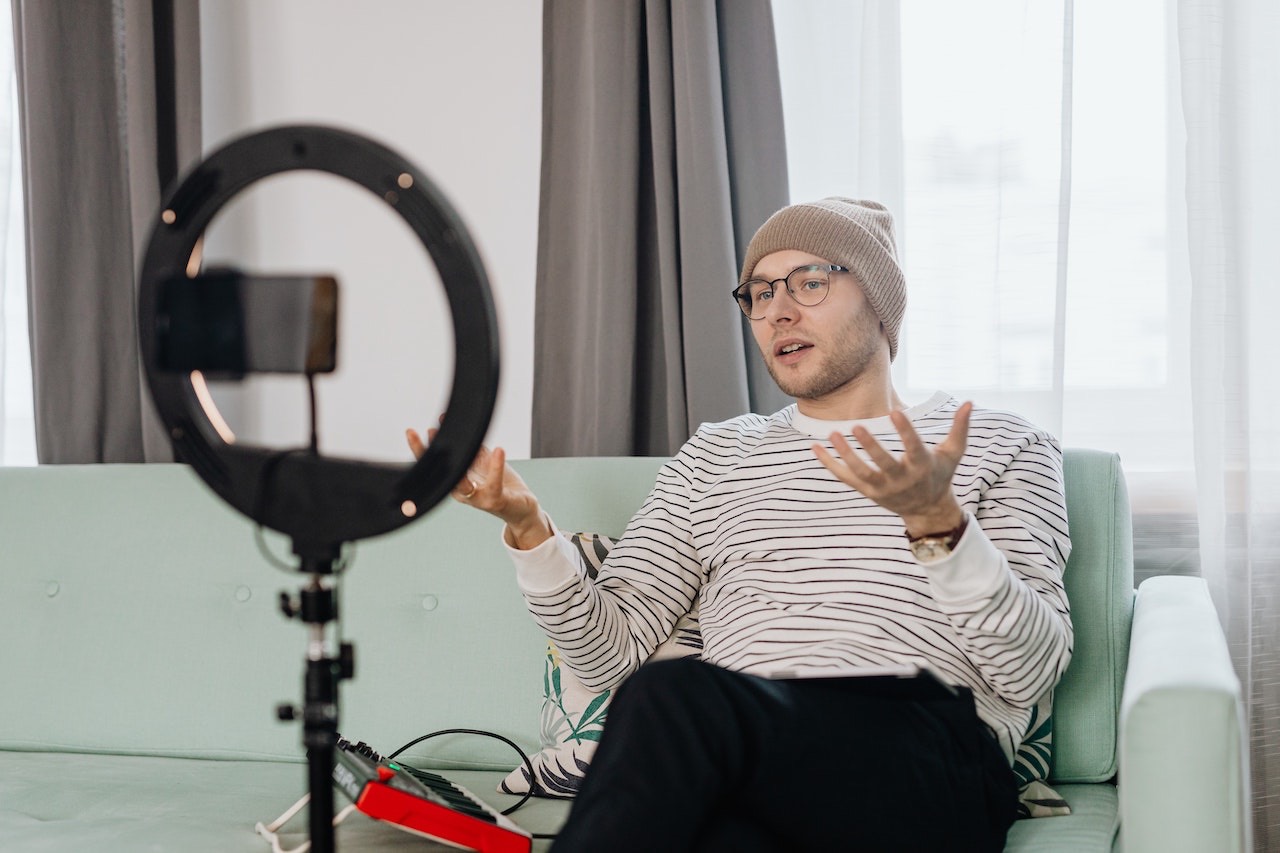Bridging Quantum Physics and Popular Culture: A New Approach to Science Communication

As I wind down my PhD journey in biophysics at the University of Chicago, I've embarked on an exciting yet daunting side project: crafting content for the future quantum computing workforce. The challenge? Translating complex quantum topics into engaging, digestible video content for students. For many, science and entertainment exist at opposite ends of the spectrum. Does it have to be this way?
Numerous psychological studies suggest that humor can be a potent learning tool, enhancing our capacity to retain information. For example, Kaplan and Pascoe (1977) demonstrated that lectures incorporating humor were more easily remembered six weeks later compared to humorless lectures. In the field of quantum physics, a notoriously esoteric and technical area, how can we apply humor without reducing the material to merely comic relief?
Types of Content
If you decide to embark on this journey, the first question is likely what type of content you want to create. The truth is, it's impossible to know in advance. You have to experiment and try different things to get a sense of what you like and where your strengths may lie, while taking into consideration who your audience is. Much like you can't learn how to swim without getting in the water, experiment with different types of formats until you find something that resonates with you. There are several types of content you can create, ranging from short-form TikTok videos to longer educational YouTube videos. Each format, and by extension, each type of content, requires a different skill set. For instance, interviews form part of some of my videos, providing a window into other scientists' work. Balancing the flow of conversation while being filmed is a delicate art. Rather than memorizing questions, it's more effective to understand the essence of each question and maintain a conversational approach.
On-Camera Presence
It's common to feel self-conscious, especially if it's your first time in front of the camera. The only remedy is to keep going, to keep creating content, and to keep practicing. It's through consistent and repeated exposure to the camera that one can gradually develop a greater sense of ease and comfort in front of it. On top of this, scientists are often perceived as poor public speakers, reliant on jargon and a monotone delivery to ensure the message isn’t obfuscated. Ironically, this approach tends to alienate those not well-versed in the field and hinder effective communication rather than enhance understanding. It's important to remember that not everyone is an expert in your field, nor should they be expected to be. To improve at communicating science, you must continuously engage with diverse types of audiences. Practice is not the thing you do once you're good, it's the thing you do to become good.
Post-Editing
Creating content involves more than just a deep understanding of your subject matter. Video editing and management are equally crucial in delivering ideas to lay audiences. While there are straightforward built-in tools available for use and more advanced tools like Premiere, the real challenge lies in transforming raw footage into engaging content by effectively conveying key points and removing extraneous details.
Editing is the key to this process. It requires carefully cutting and splicing content, eliminating unnecessary elements, preserving the core message, and infusing humor where appropriate. The end result is an engaging piece of content that resonates with viewers. This is where statistics, our favorite tool, come into play, helping us determine what works and what doesn't. If people enjoyed your last video, they are more likely to enjoy your next one. Regardless, you must create the content and continue refining your process until you find what works.
Other Considerations
Technical considerations such as noise levels, lighting conditions, and overall filming suitability are also important. For example, background noise can significantly affect audio quality and either be distracting or, worst case scenario, render your footage unusable. Pre-shoot location scouting can resolve many of these issues. A little reconnaissance goes a long way in ensuring good audio and visual quality. Proper planning is essential and can also include learning to use editing software, setting aside uninterrupted time to engage with the material, and embracing the creativity that emerges from the process. As Picasso famously said, "Creativity has to find you working.”
In conclusion, science communication demands a unique skill set that is typically not part of a traditional science degree. However, it's a skill set worth cultivating. It allows us to convey intricate concepts in an accessible, engaging manner. While I'm still navigating this unique journey, the process is immensely rewarding. I'm excited about the road ahead and the possibility of teaching quantum physics in new and innovative ways.
